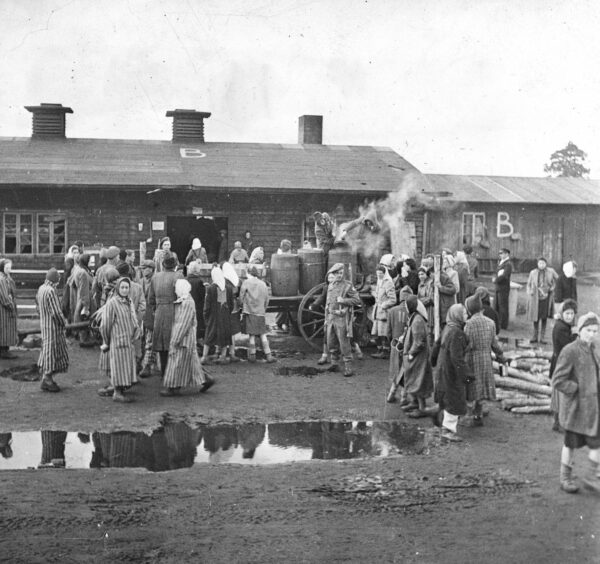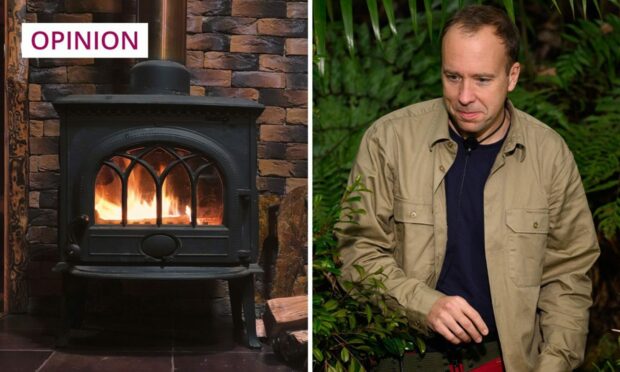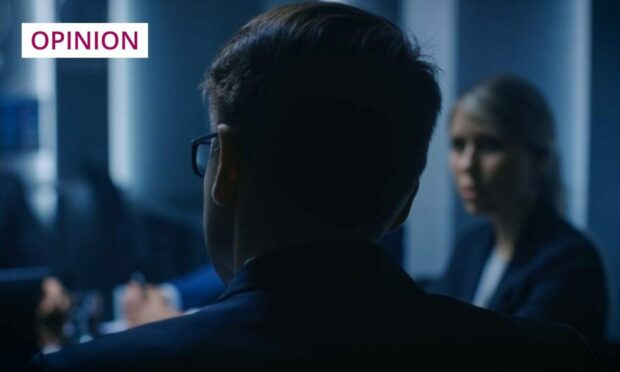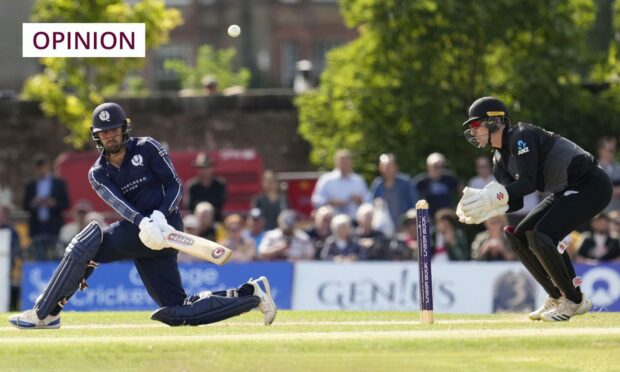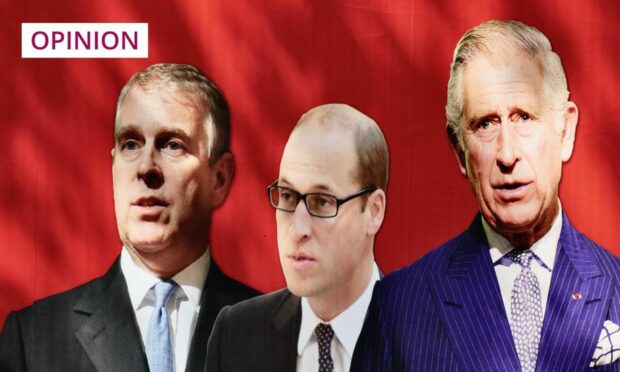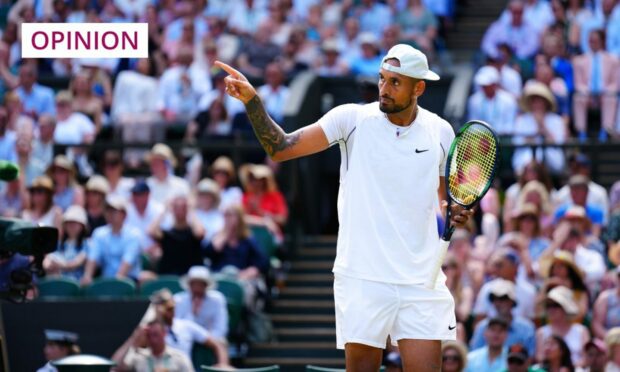Watching reluctant spy Harry Palmer in a TV remake of The Ipcress File reminded me of my own Cold War visit to West Germany when the east was under the heel of the Soviet bloc.
I wasn’t dodging bullets like creator Len Deighton’s anti-James Bond hero, but it had its moments.
Peering through the Iron Curtain close up put a shiver into the phrase Cold War. It also highlighted brutal lessons from the past and a terrifying form of peace in the present built on mutual fear of nuclear annihilation. The kind of scenario which has gone up in flames with terrifying speed in Ukraine where the possibility of a third world war is discussed routinely every day.
Mine was a journalistic mission to study how a British army infantry battalion stationed in West Germany was helping to keep a lid on Doomsday: a potential world war with the Soviet Union.
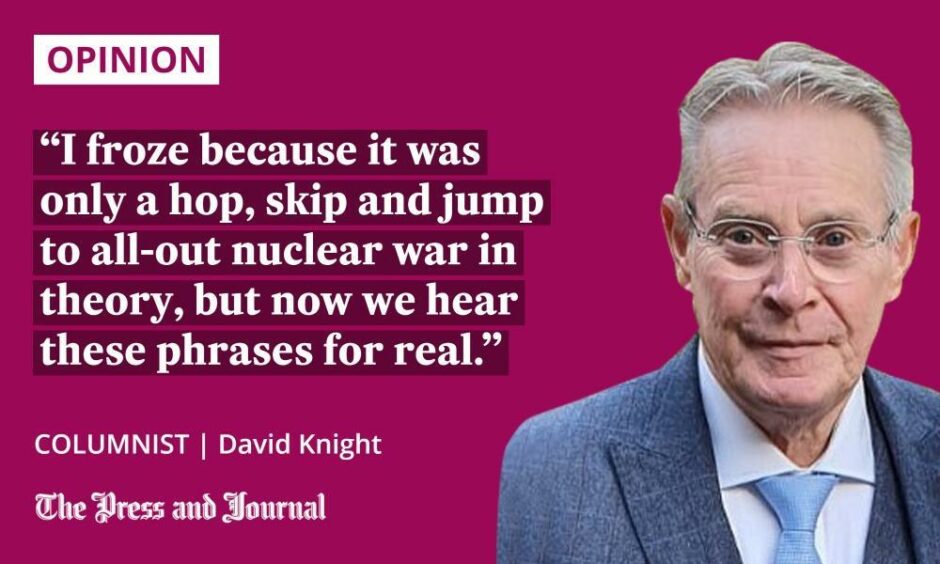
It was a hectic affair with lots crammed into our itinerary by army minders. Tiring, too: one of them fell asleep in our people-carrier. Unfortunately, he was driving it at the time.
I was almost nodding off, too, when an officer looking after us screeched: “Driver!” It was too late: he swerved off the road into a wood and we started bouncing off trees. Instinctively, I hung onto safety straps above my head. Finally we stopped and all was still. I knew we had rolled over because I could just make out our hapless driver in the darkness hanging upside down in his seatbelt.
Chilling atmosphere continued
There was a powerful smell of petrol – and smoke from cigarettes we were puffing seconds earlier. I’m not sure how many seconds it takes for a burning cigarette to ignite petrol, but we were not going to hang around to find out.
A burly cameraman kicked a back door open; others got out the front. Only minor bruises and cuts all round, mercifully, but a sombre night followed. Maybe also due to the fact that our sleeping quarters were a former Nazi SS barracks at Fallingbostel, which later housed British units for decades.
The chilling atmosphere continued next morning when we visited the Nazi death camp at Belsen, with its shocking mass-burial chambers. We rounded off a grim day with a close-up look at East German border guards. We found them at a village which was sliced in two by the Iron Curtain and now sat either side of barbed wire, lookout towers and armed guards. The battalion intelligence officer confided that the British sector would be massively outnumbered by Soviet tanks if they invaded, so could only hamper their dash towards Channel ports.
Threat of nuclear weapons
“Battlefield tactical nuclear weapons would probably kick in then,” he predicted matter-of-factly.
I froze because it was only a hop, skip and jump to all-out nuclear war in theory, but now we hear these phrases for real.
Even after Putin threatened the west with nuclear weapons, the SNP still clung to the notion that Trident missiles should be banished from Scotland. The party’s Westminster leader Ian Blackford claimed it was “far fetched” that nuclear weapons had kept the peace.
Nato leaders have warned that Russia is preparing a pretext for using weapons of mass destruction in Ukraine as they agreed to supply equipment to protect against chemical, biological and nuclear threats https://t.co/C51DX0xKwJ
— The Times (@thetimes) March 24, 2022
I could suggest the Cuban missile crisis as one example where they had, but I suspected his remark was off-the-cuff rather than off the back of any serious research. It’s easy to posture when you have no responsibility for these decisions.
Grisly game of Russian roulette
Yes, of course it would be lovely to invite nations for tea and cakes at Holyrood to discuss living peacefully together. But not when one guest is playing a grisly game of Russian roulette with nuclear weapons.
The SNP administration only has a majority thanks to the Greens, so it’s fascinating to draw comparisons with another centre-left political pairing running Germany today. The German SPD and its own Greens lead a coalition in Berlin, but overcame past criticism of military naivety to embrace the concept of shared nuclear defence in Nato – and are busy blowing restrictions on their arms budget to match Putin’s war machine. Scotland is also a vital flank in the UK for Nato, which is desperately trying to prove to Putin that it is not weak and timid.
Much has changed in Germany since my Cold War trip. On my car radio German politicians discussed throwing off their pacifist cloak. They pledged to make Germany the strongest military power in Europe.
“When Germany is strong, Europe is strong,” one said. I wasn’t sure if I was supposed to be elated or deflated by that prospect.
David Knight is the long-serving former deputy editor of The Press and Journal

